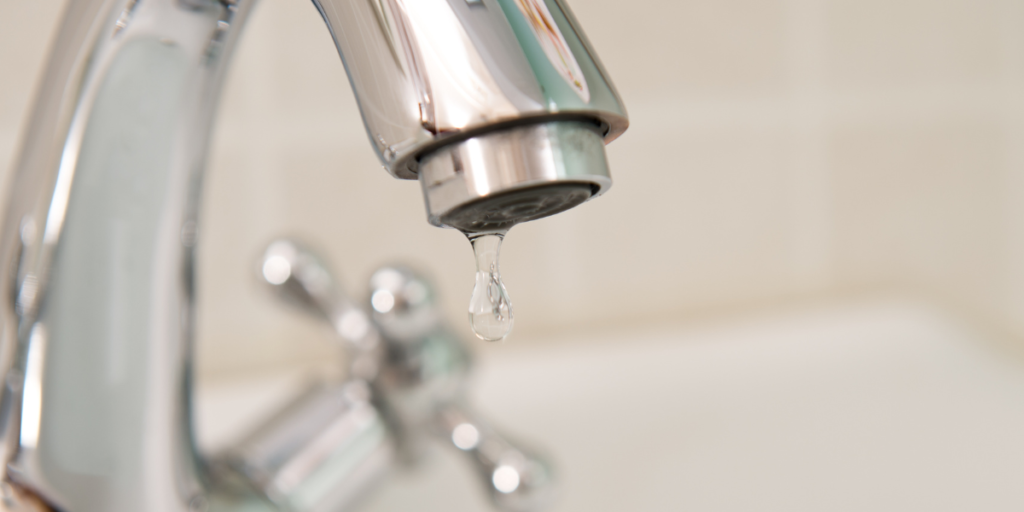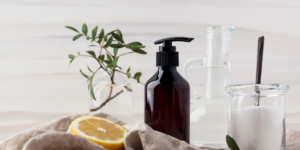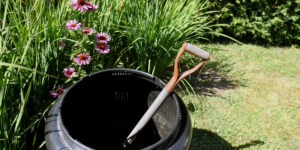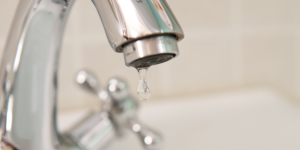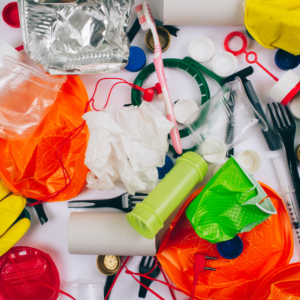10 Tips For Conserving Water at Home
Water is one of our planet’s most precious resources, and it’s up to all of us to do our part in conserving it. Reducing water waste at home not only helps protect the environment, but it also lowers utility bills. Whether you want to save water for sustainability or cost-saving purposes, this guide will help you discover practical ways to conserve water at home.
1. Fix Leaky Faucets and Pipes
Leaky faucets and pipes can waste a significant amount of water over time. By repairing leaks as soon as they are detected, you can save gallons of water each day. A dripping faucet can waste over 3,000 gallons of water annually, making this an easy and impactful way to reduce water waste.
Additional Tips:
- Regularly check for leaks under sinks and around plumbing fixtures.
- Replace old washers to keep faucets functioning properly.
2. Install Low-Flow Fixtures
Installing low-flow showerheads and faucet aerators can help reduce the amount of water you use without sacrificing performance. These fixtures limit the flow rate of water, which reduces the overall consumption while still providing adequate pressure.
Additional Tips:
- Replace old showerheads with WaterSense-labeled models for the most efficiency.
- Consider using aerators for your kitchen and bathroom faucets to save even more water.
3. Shorten Your Showers
Taking shorter showers is a simple yet effective way to save water. On average, showers account for nearly 17% of residential indoor water use, and reducing your time in the shower can have a big impact. Aim for showers that are under five minutes.
Additional Tips:
- Use a shower timer to help keep track of time and reduce water use.
- Consider playing a short song to signal when your shower should end.
4. Turn Off the Tap While Brushing
One of the simplest ways to conserve water is to turn off the tap while brushing your teeth. This small habit can save up to 200 gallons of water per month. The same principle applies when washing your hands or shaving—only run the water when it’s necessary.
Additional Tips:
- Place a reminder sticker on the bathroom mirror to help establish this habit.
- Teach young family members about the importance of turning off the tap.
5. Use a Dishwasher Instead of Hand Washing
Believe it or not, using a dishwasher can save more water than washing dishes by hand—especially if you have an energy-efficient model. Dishwashers use less water and energy per load compared to washing dishes manually.
Additional Tips:
- Always run the dishwasher with a full load to maximize water efficiency.
- Scrape off food scraps instead of rinsing before placing dishes in the dishwasher.
6. Water Your Garden Efficiently
Watering your garden early in the morning or late in the evening reduces evaporation and allows plants to absorb water more effectively. Using a soaker hose or drip irrigation system can also minimize water waste.
Additional Tips:
- Water plants during the cooler parts of the day to reduce evaporation.
- Collect rainwater to use for garden irrigation whenever possible.
7. Install a Dual-Flush Toilet
Dual-flush toilets offer two flushing options, one for liquid waste and one for solid waste, which can help save thousands of gallons of water each year. By choosing the appropriate flush, you reduce unnecessary water usage.
Additional Tips:
- If replacing the toilet isn’t an option, consider installing a toilet tank bank to reduce water use per flush.
- Look for toilets with the WaterSense label for optimal water savings.
8. Collect Rainwater
Collecting rainwater to use for watering plants, cleaning, or even flushing toilets is an excellent way to conserve water. Setting up a rain barrel under a downspout is a simple and effective method to collect and store rainwater.
Additional Tips:
- Make sure to use a cover for your rain barrel to keep out debris and mosquitoes.
- Position the rain barrel close to your garden for easy access.
9. Use a Broom, Not a Hose
Instead of using a hose to clean driveways, sidewalks, and patios, use a broom. Sweeping not only conserves water but also keeps dirt and debris from entering storm drains and waterways.
Additional Tips:
- Encourage family members to sweep instead of hosing.
- Use eco-friendly outdoor cleaners for stubborn stains.
10. Only Wash Full Loads of Laundry
Running your washing machine with a full load can save water and energy. Modern machines are designed to use less water per load, but always make sure you are maximizing efficiency by washing full loads whenever possible.
Additional Tips:
- Use the eco-setting on your washing machine to minimize water use.
- Wash clothes in cold water to reduce energy consumption as well.
Final Thoughts
Conserving water at home doesn’t have to be complicated. By following these practical tips, you can make a big difference in reducing water waste and protecting our precious resources. Whether you start by fixing leaks, installing low-flow fixtures, or collecting rainwater, every small action adds up.

